Literary Counterparts:Françoise Sagan and Francis Scott Fitzgerald
- Maha Arbab
- Oct 3, 2024
- 3 min read
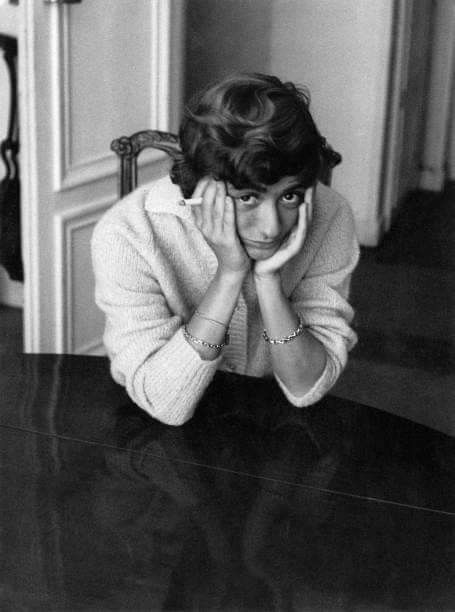
Born in different countries, lived in different generations and became a part of different eras of literature yet fused by the timelessness of their words, effortlessness of their writing styles, exquisiteness of their tales that cemented their identity and places in the literary world. Françoise Sagan and Francis Scott Fitzgerald both did something extraordinary in the world of literature in a very much alike manner that is often overlooked. Throughout their lives and with the aid of their minds, they created a portal that takes the reader through the passage of time with strong undertones of questioning morals concealed behind the curtains of jealousy, passion, infidelity, wealth, opulence and glamour. How different the conclusions of Sagan’s Bonjour Tristesse and Fitzgerald’s The Great Gatsby seem, they distinctly contain a similar tone of making the reader yearning for more.
Just as the words flow across the mind of the reader, one can’t help but imagines himself at the heart of NYC in the 1920s attending a Jay Gatsby-esque party filled with both eccentric and exciting groups of strangers who recount various absurd stories whilst emptying a whole bottle of champagne or maybe spending a warm autumn evening with the reckless spenders Anthony and Gloria Patch. How can one miss the opportunity of witnessing the aura of the troublesome, rebellious and turbulent nevertheless lively, glamourous and dramatic period of time in the history?
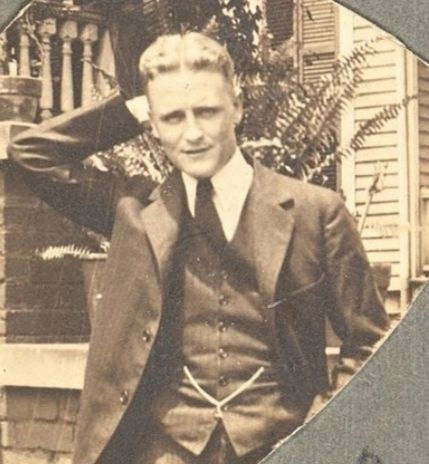
The intense longing of living in the Roaring 20s is brought by Fitzgerald himself by constructing that decade as a magical society filled with immense charm and allure that is long extinct now.
On the other hand, stepping into the world of Sagan feels like something so real yet so far from your grasp even though it is strongly concerned with typical French way of life. One dives deep into the sultry atmosphere and under the scorching sun on the French Riviera spending the summer with the most superficial crowds or envisions himself wandering aimlessly in the streets of Paris, visiting jazz clubs with a group of pretentious friends during the 50s. No matter how stereotypical it seems, it makes a reader feels so much more with the help of “just” words. One dreams of living in the midst of the bourgeoisie drama similar to Truffaut’s cinematic gems or Catherine Deneuve’s self-indulgent lifestyle in Belle De Jour. Really screams French New Wave, right?
Fitzgerald and his wife Zelda are the definition of the lost generation, authoring about the cynicism that revolved around them and within themselves too which is evident in Fitzgerald’s The Beautiful and Damned whereas Sagan at 18, gave life to the disillusionment surrounding the pleasure-seeking culture of the 50s.
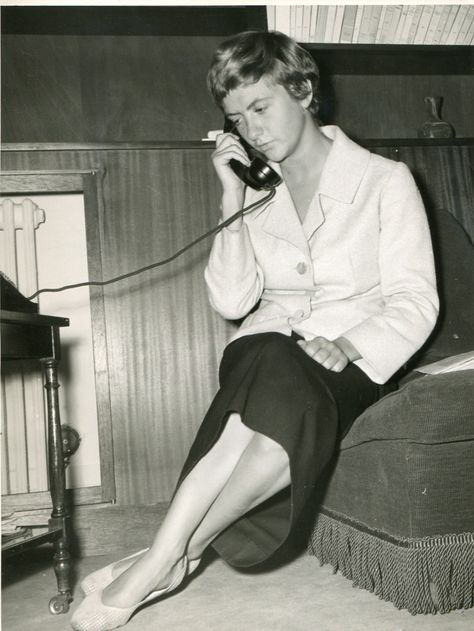
Sagan and Fitzgerald are not only the pioneers of their generations but also of making a reader dwell in their stories of the bygone times and through these stories, they mastered the art of making a reader feel that something has changed within himself and his mind. Both great minds provided the world with a chance to visit the lost times, charming faces and bewildering tales of the times when life was very different. Reading their works and admiring them to a great extent is the evidence of the affect brought by a writer through the power of his or her words.
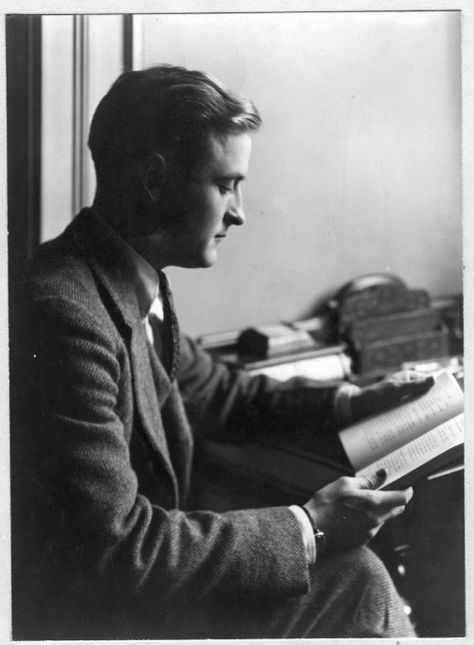
Written by Maha Arbab
Edited by Ghita Sadik

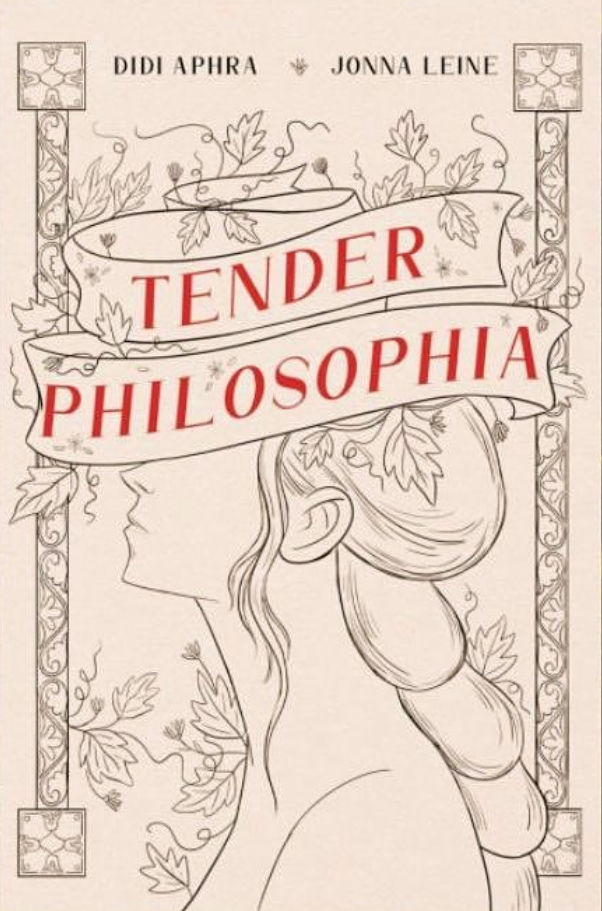

Comments